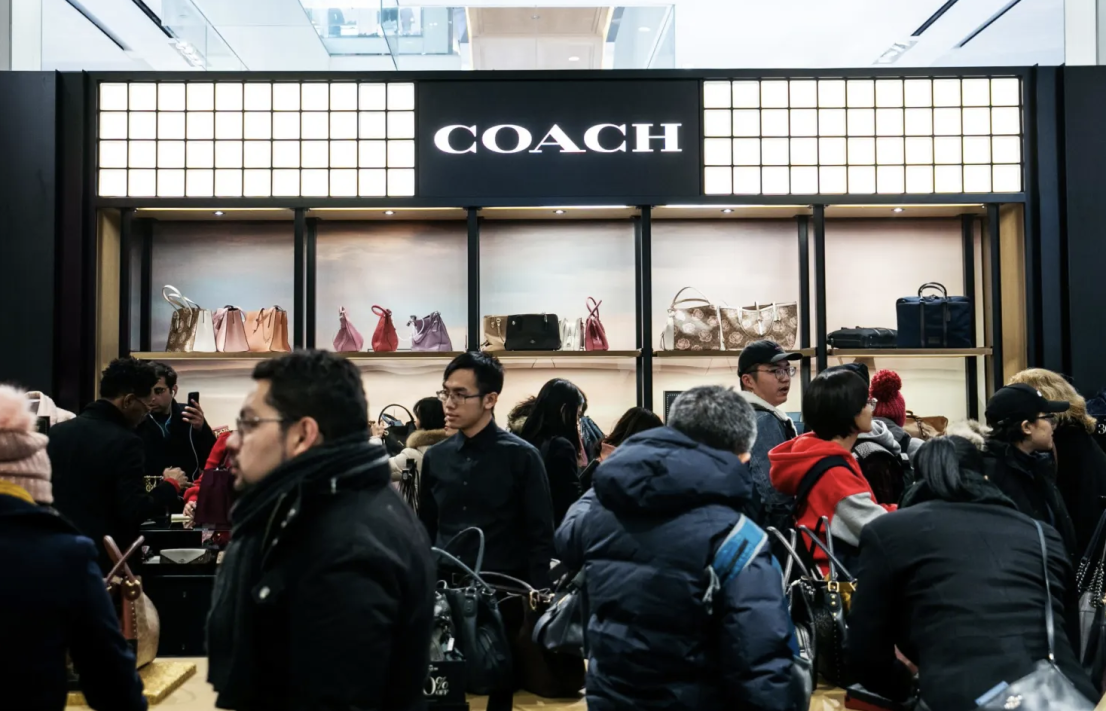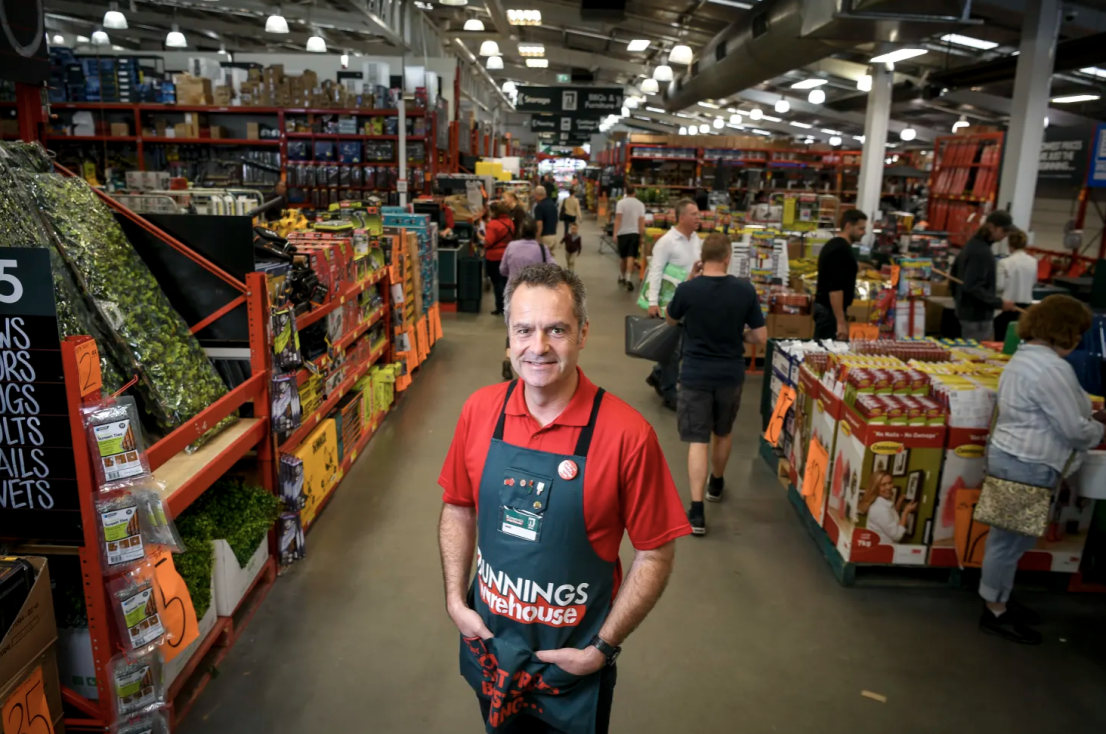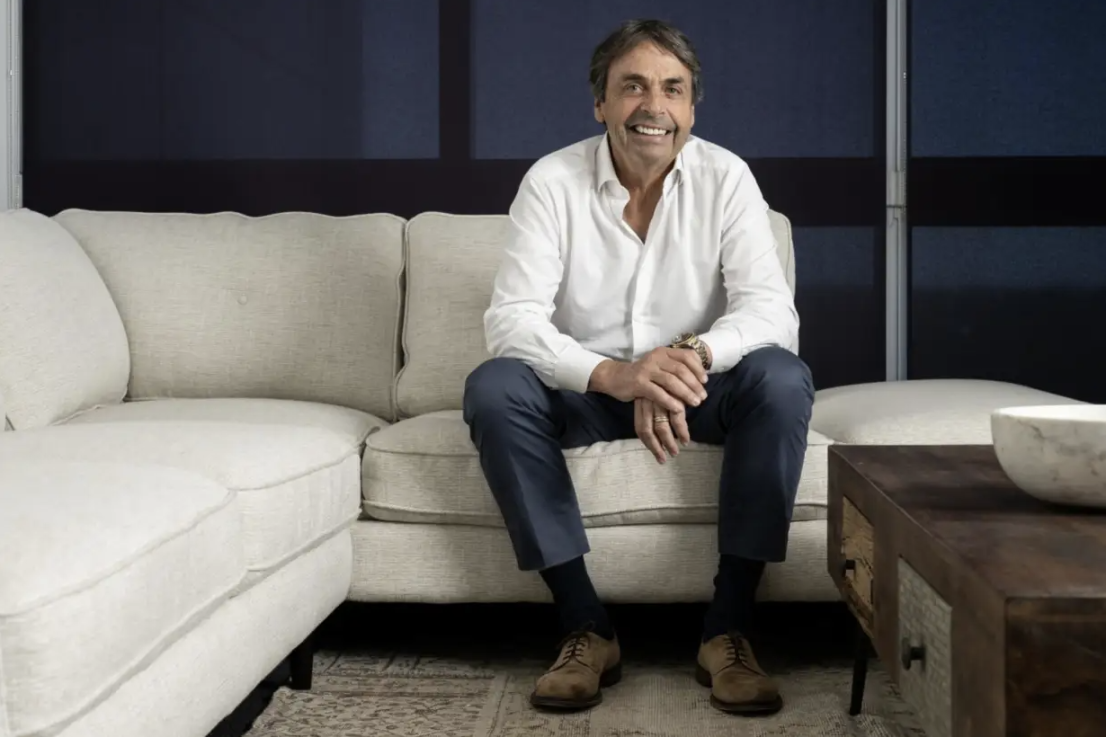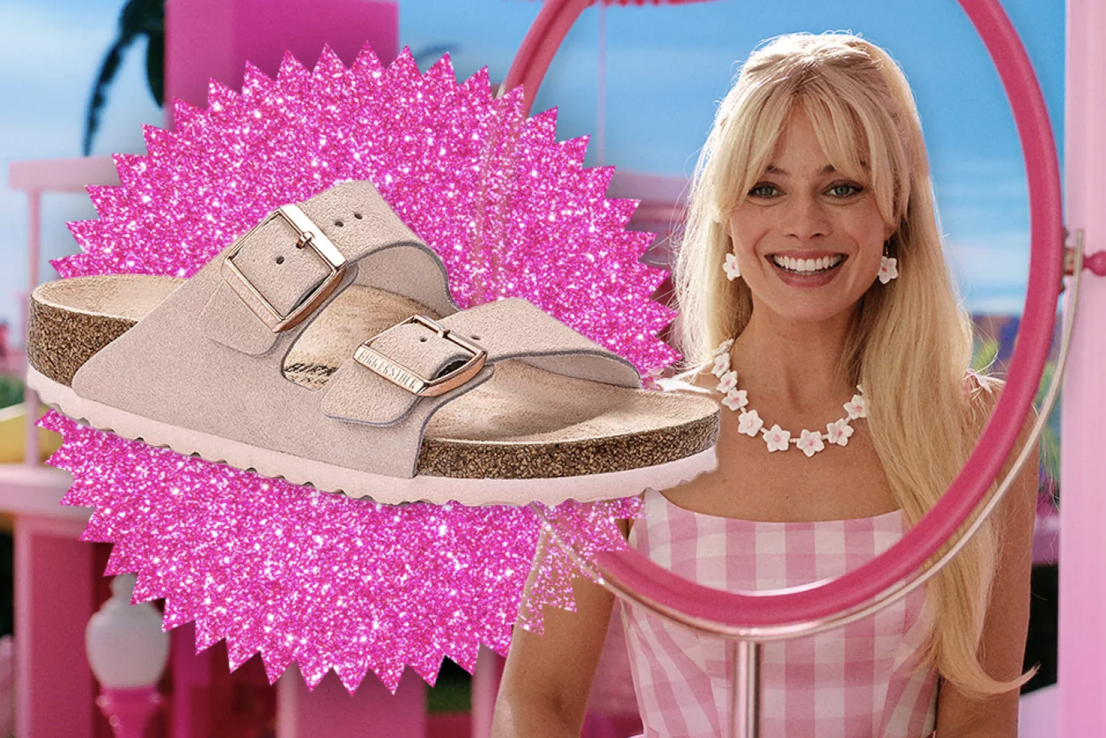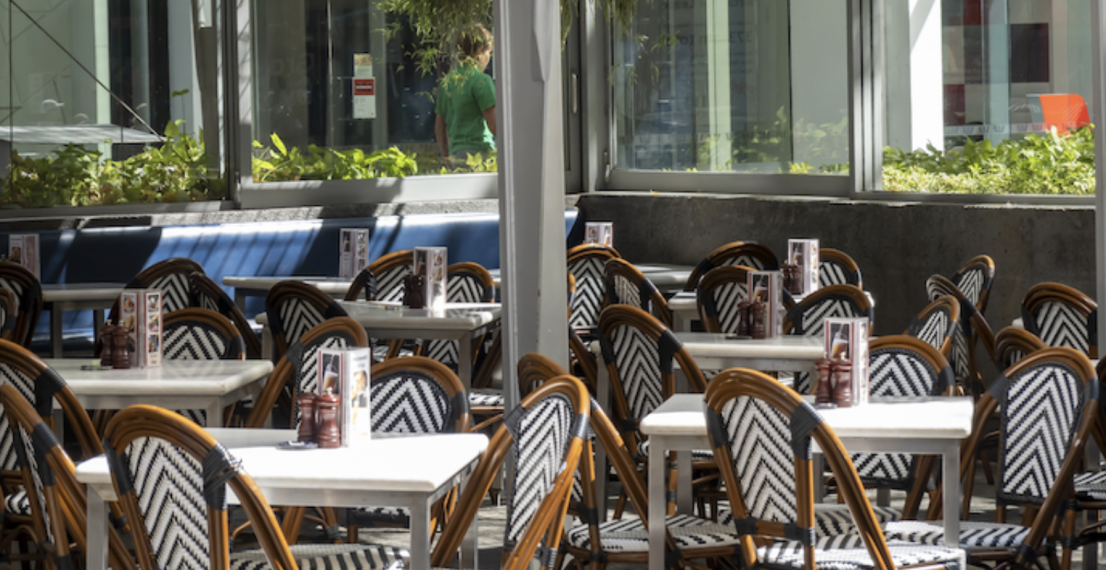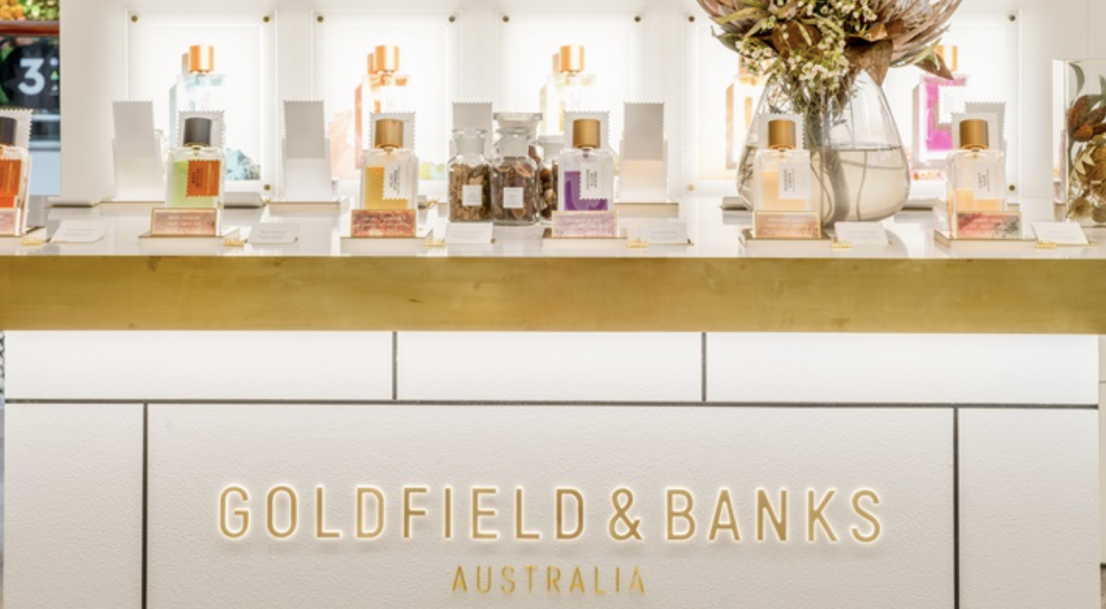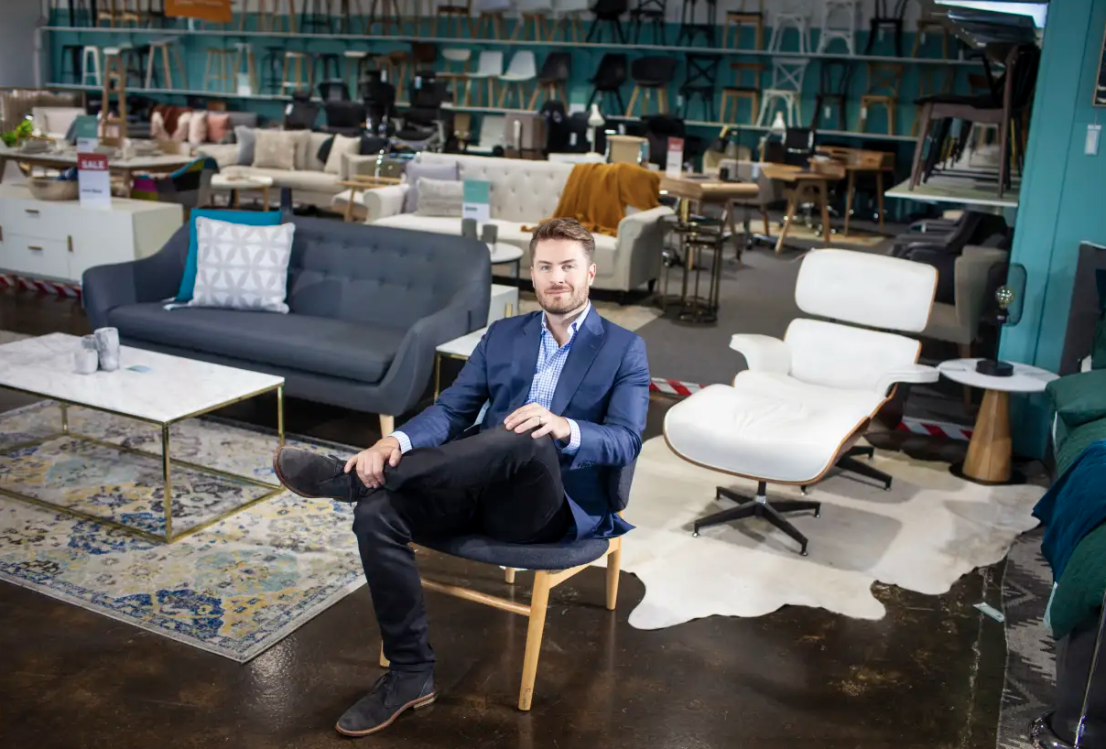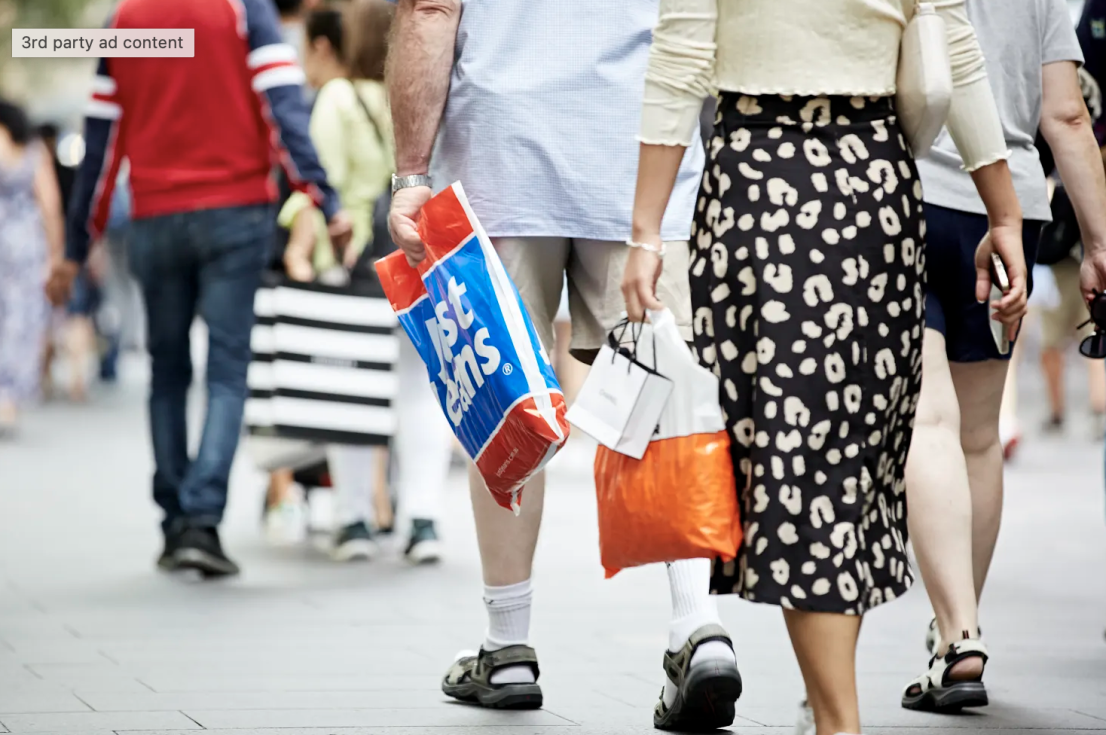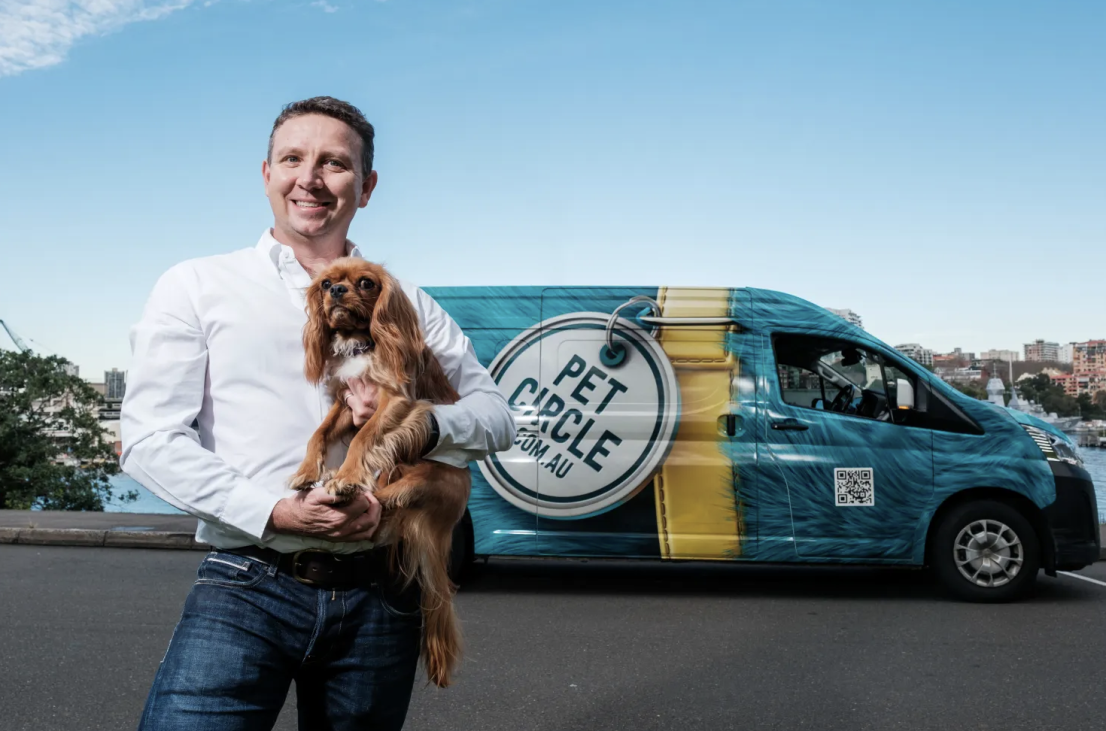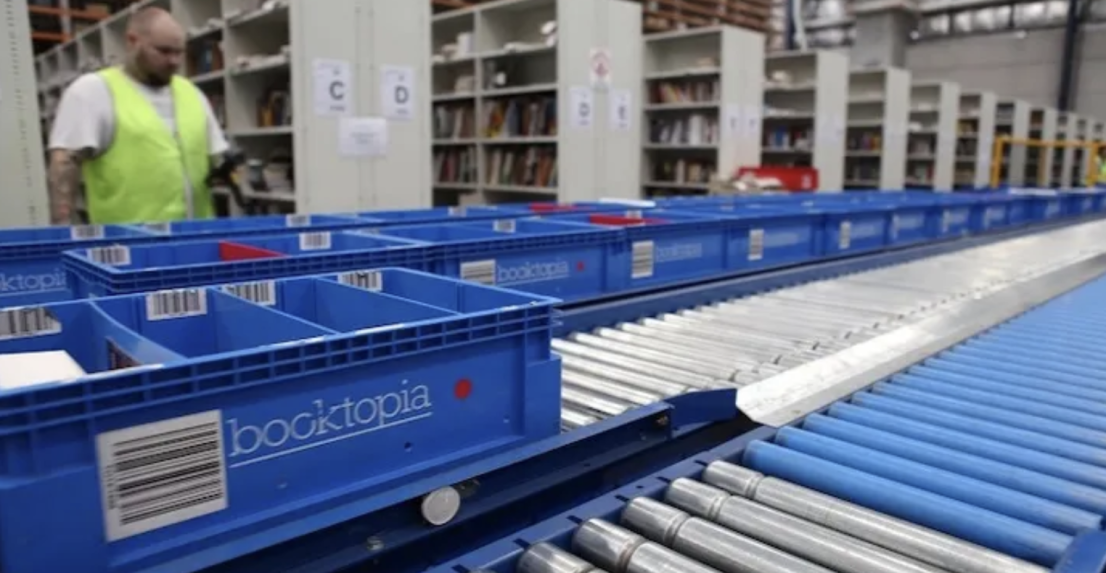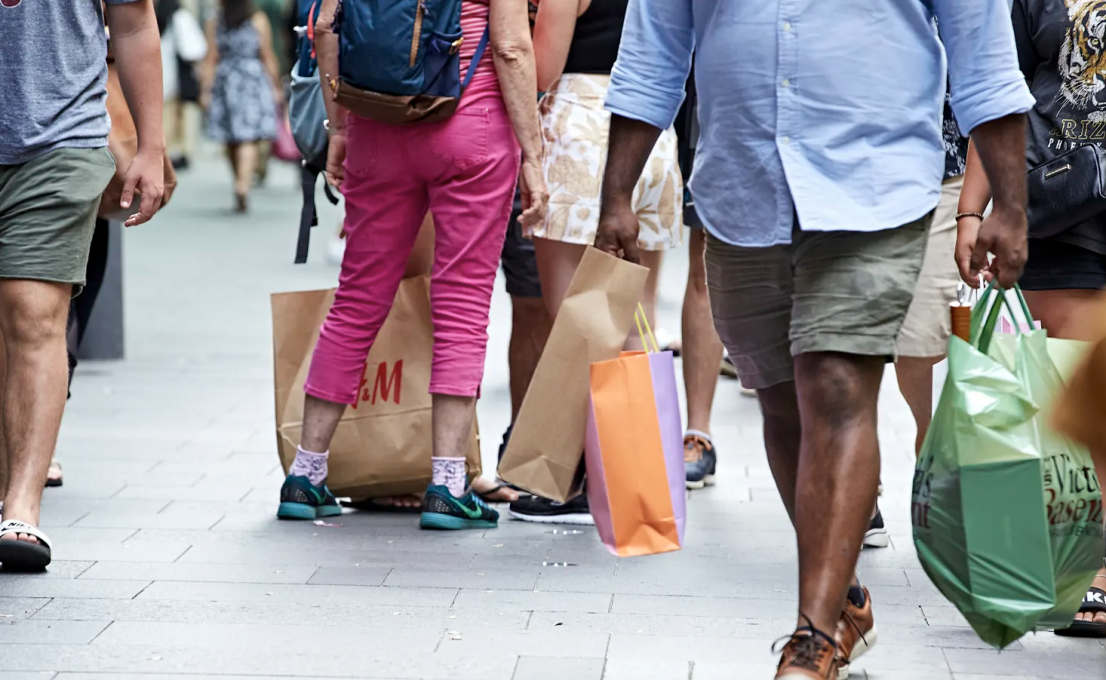
As temperatures dropped throughout July, a slew of consumer and spending data left Australian retailers with little doubt that winter had finally come.
Data from banking giant ANZ this week suggested overall spending was down by 10.3 per cent in the first weeks of July compared with last year, while over at NAB consumer surveys showed Australian households were scrimping on meals out and little luxuries to ensure they could afford to cover their insurance policies and children’s activities.
Retail sales data released on Friday showed turnover dropped by 0.8 per cent across the country in June, with the sharp fall coming off the back of weaker than usual spending at end of financial year sales.
At the same time, brands are struggling to balance their own budgets – a survey of more than 200 local retailers by e-commerce software platform Shopify this month shows 58 per cent of businesses say they’ve had to pass on most of higher input costs to their customers.
But over on the ASX, consumer stocks managed to shrug off the gloom. The S&P/ASX200 consumer discretionary index had posted monthly gains of more than 3.5 per cent as of Friday, and consumer stocks accelerated after better-than-expected inflation data on Wednesday.
Kmart, Target and Bunnings owner Wesfarmers was ahead by close to 1 per cent for the month on Friday. Online retailer Kogan.com was up by about 30 per cent for the month, surging this week after a trading update confirmed that while overall sales were slowing, profitability was improving.
Rivers and Katies’ operator Mosaic Brands shot up by 19 per cent last Friday after revealing it would swing back to profit for 2023, as chief executive Scott Evans flagged that the retailer’s cohort of older shoppers was actually continuing to spend in the face of cost of living pressures.
“Do we think that the next six months is going to be all wonderful? No. Do we think it’s Armageddon? Not quite,” he said.
Analysts and economists have been forecasting the spending slowdown for more than a year now, with many stock watchers already baking this pessimism into their models.
And while there is no doubt that conditions are softening overall, recent spending data suggests there could be some winners despite the slowdown.
Australian consumers have increasingly been making trade-offs in their spending to make their dollars stretch further, and to be able to afford the parts of their budgets that they can’t bear to axe.
The phenomenon of “trading down”, or moving from one product to a lower-cost alternative, could open growth opportunities for a range of retailers, including discount retailers such as Aldi and Kmart.
UBS analysts said this month that Aldi was most likely to win market share in the current trading environment. The investment bank said last month that it also preferred brands that “are lower priced and able to win from a trade-down”, such as Wesfarmers’ discount department store Kmart.
“The consumer is reducing spending in aggregate and when they do spend they are: (1) trading down by price point in apparel and general merchandise,” the UBS team said.
Kogan.com founder Ruslan Kogan said this week that there were growth opportunities as consumers revisited their budgets, with the online retail platform seeing an improved performance in its phone plans business and its loyalty subscription program, Kogan First, even as overall sales slow.
“In this environment, where people are looking to save more money, that [program] has been very popular,” he said.
There’s also some evidence that older consumers are helping drive sales in areas such as fashion, even though clothing and apparel sales have weakened since the country emerged from lockdowns.
CommBank iQ cost of living data for the first months of this calendar year showed that consumers aged over 55 have increased their spending beyond inflation compared with 2022, and shoppers aged over 35 increased their clothing spending by 3.1 per cent in the first quarter of the year, as younger shoppers pulled back.
Things are also rosier at the luxury end of the retail market, where brands such as Chanel have had rapid growth as the world emerged from pandemic lockdowns.
Shares in ASX-listed designer brands platform Cettire have surged by more than 140 per cent year-to-date as the business reports that revenue momentum is growing rather than slowing.
Meanwhile, this month’s trading update from travel operator Flight Centre suggests that while households are working harder to balance budgets, discretionary dollars are still being spent when it comes to holidays.
Shares in the travel agent have advanced by more than 20 per cent this month and the business expects 2023 earnings will be better than previously forecast, coming in at between $295 million and $305 million.
Flight Centre managing director Graham “Skroo” Turner said in the trading update that the year-on-year growth in outbound travel suggested consumers are putting holidays first.
“Looking ahead, our expectations are that leisure travellers will continue to prioritise holidays
and experiences over other areas of discretionary spending,” he said.


